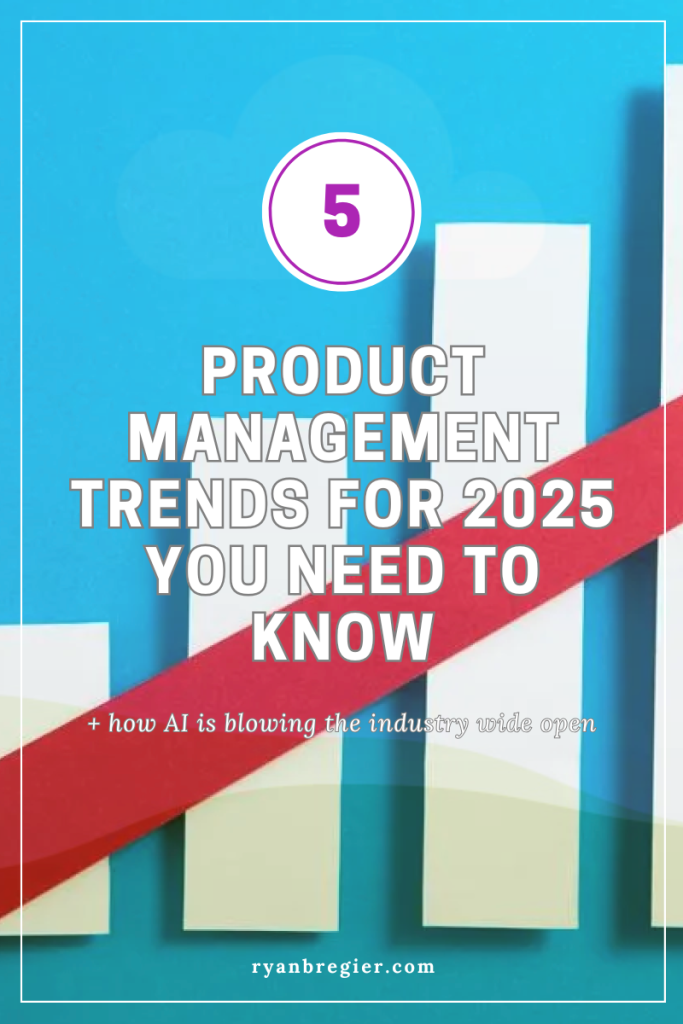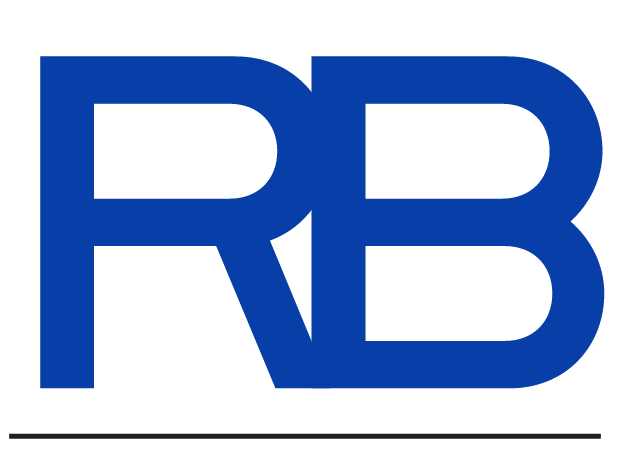As we move deeper into 2025, product management is experiencing a profound transformation, shaped by technological advancements, shifting consumer expectations, and global challenges. This evolution demands not just adaptation but a proactive embrace of emerging trends to stay ahead. In this post, I’ll explore the most impactful developments in the field and offer insights into how product managers can thrive in this new era.

AI: From Automation to Strategic Partner
Artificial Intelligence (AI) has shifted from being a buzzword to a cornerstone of modern product management. By automating operational tasks like data analysis and feedback synthesis, AI frees product managers to focus on high-impact responsibilities such as strategy and stakeholder alignment. Tools like BuildBetter now auto-record calls, extract user signals, and generate documents that previously consumed hours of manual effort.
But AI’s role goes beyond efficiency—it’s reshaping how products are ideated and delivered. For example:
- Hyper-Personalized Experiences: AI-driven analytics enable deeper customer insights, allowing PMs to craft tailored user journeys.
- Predictive Decision-Making: Platforms analyze millions of data points in real-time to identify emerging trends and optimize roadmaps.
However, with great power comes great responsibility. Ethical considerations must remain central to AI adoption. Transparency in data usage, bias prevention, and adherence to privacy standards are non-negotiable for building trust with users.
Customer Proximity: The Human Advantage
While AI enhances decision-making, it cannot replace the human ability to empathize with customers—a skill that remains a PM’s competitive advantage. In 2025, customer proximity is more critical than ever. Consumers expect hyper-personalized products that align seamlessly with their needs and values.
Empathy-driven practices such as usability testing, direct feedback loops, and hypothesis validation ensure that PMs stay attuned to evolving customer expectations. This approach is exemplified by companies like Netflix, where product managers play a pivotal role in refining algorithms and ensuring seamless user experiences.
Ethical and Sustainable Design: The New Standard
The demand for ethical and sustainable practices is reshaping product roadmaps across industries. Beyond meeting regulatory standards, these principles are becoming key differentiators in competitive markets:
- Accessible Design: Inclusivity is no longer optional; it’s a business imperative. Features like opt-in models for data usage and accessibility enhancements build trust while broadening market appeal.
- Sustainability Goals: Products that minimize environmental impact—such as energy-efficient designs or circular economy initiatives—are increasingly valued by consumers.
PMs must collaborate with stakeholders to embed these priorities into their strategies, aligning business objectives with societal values.
Experimentation Over Perfection
In an era defined by agility, experimentation has emerged as the cornerstone of successful product development. The mantra “fail fast, learn faster” encourages PMs to launch minimum viable products (MVPs), gather insights quickly, and iterate based on real-world feedback. This approach minimizes risk while accelerating time-to-market.
For instance:
- Experimentation allows teams to test hypotheses early without sinking months into perfecting features.
- Continuous learning fosters innovation by encouraging adaptive thinking over rigid planning.
This mindset isn’t about accepting failure—it’s about leveraging it as a stepping stone to success.
Tool Consolidation: Streamlining Product Ops
The proliferation of specialized tools has historically fragmented workflows for product teams. In 2025, organizations are prioritizing tool consolidation to enhance efficiency and transparency. Integrated platforms now support end-to-end processes—from ideation to delivery—reducing friction and improving collaboration across teams.
This shift aligns with broader efforts to redefine the PM role as one focused on strategy rather than operational minutiae. By leveraging unified systems, PMs can better communicate roadmaps, track success metrics, and align stakeholders on shared goals.
The Renaissance of Product Management
Despite predictions of its decline due to automation, product management is thriving in 2025—a renaissance fueled by innovation and adaptability. The role has evolved into a strategic powerhouse that bridges technology with human insight. As AI handles repetitive tasks, PMs are empowered to focus on what truly matters: delivering value through visionary leadership and customer-centric strategies.
This transformation is not without challenges. Ethical dilemmas surrounding AI adoption, sustainability pressures, and the need for constant experimentation demand a new breed of product manager—one who combines technical expertise with empathy-driven leadership.
Looking Ahead
As we navigate the future of product management, staying informed about emerging trends is critical for success. Whether it’s integrating AI into workflows or embedding sustainability goals into roadmaps, these shifts are redefining how products are built—and how they impact the world.
By embracing these changes proactively, product managers can not only adapt but lead the charge toward innovation that matters. The renaissance is here—let’s shape it together.



